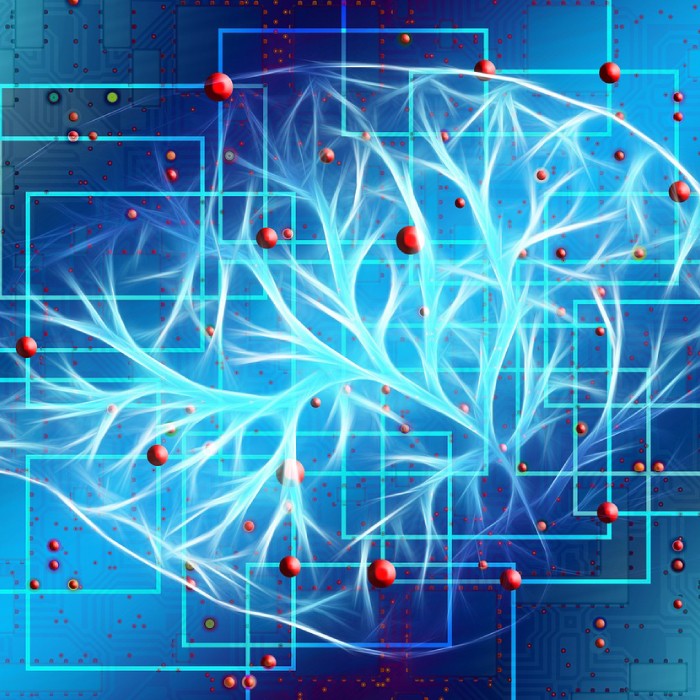Demystifying Data Science: Unleashing the Power of Data

Posted by Admin User Posted by Jul 28, 2023 in Data science
Introduction
In today's data-driven world, the role of data science is becoming increasingly significant. Data scientists are the modern-day alchemists, turning raw data into valuable insights and predictions. In this blog, we will embark on a journey to demystify the world of data science, exploring its applications, techniques, and the impact it has on various industries.
Chapter 1: The Data Science Landscape
- Before we dive deeper into the world of data science, let's understand its landscape. Data science comprises several key components:
- Data Collection: The first step is gathering relevant data, which can come from various sources, including sensors, surveys, social media, and more.
- Data Cleaning and Preparation: Raw data is often messy and needs cleaning, transformation, and structuring to be useful.
- Data Analysis: This involves exploring data, identifying patterns, and gaining initial insights.
- Machine Learning: The heart of data science, machine learning algorithms are used to build predictive models and make data-driven decisions.
- Data Visualization: Visual representations help in communicating insights effectively.
- Big Data Technologies: Tools and frameworks like Hadoop and Spark are used to handle vast amounts of data.
Chapter 2: Applications of Data Science
- Data science has a broad range of applications, including but not limited to:
- Predictive Analytics: In finance, data science is used to predict stock prices and investment trends.
- Healthcare: Data science plays a vital role in patient diagnosis, drug discovery, and personalized medicine.
- E-commerce: Recommender systems, powered by data science, improve user experience and drive sales.
- Marketing: Data-driven marketing campaigns are more effective in targeting the right audience.
- Smart Cities: Data science is utilized for urban planning, traffic management, and sustainability initiatives.
- Chapter 3: The Data Scientist's Toolkit
- Data scientists use a variety of tools and programming languages, such as:
- Python: A versatile language with libraries like NumPy, Pandas, and Scikit-Learn for data manipulation and machine learning.
- R: A language specifically designed for statistical analysis and data visualization.
- SQL: Essential for database management and querying.
- Machine Learning Libraries: TensorFlow, PyTorch, and Scikit-Learn for building machine learning models.
- Chapter 4: The Data Science Process
- The data science process typically involves the following stages:
- Problem Formulation: Clearly define the problem you aim to solve.
- Data Collection: Gather relevant data from various sources.
- Data Preprocessing: Clean, transform, and prepare the data.
- Exploratory Data Analysis (EDA): Gain initial insights through visualization and statistical analysis.
- Model Building: Develop, train, and evaluate machine learning models.
- Model Deployment: Implement the model in real-world applications.
- Continuous Monitoring: Regularly update and improve models as new data becomes available.
Chapter 5: The Ethical Dimensions
- Data science comes with ethical responsibilities, such as data privacy, bias, and transparency. It's important to use data ethically and consider the potential societal impact of your work.
Chapter 6: The Future of Data Science
- As data continues to grow and technology evolves, data science will remain at the forefront of innovation. Areas like artificial intelligence, natural language processing, and deep learning hold immense potential.
Conclusion
Data science is not just a buzzword; it's a powerful discipline that transforms raw data into actionable insights. From healthcare to finance, marketing to smart cities, data science is shaping the world we live in. Whether you're a data scientist, aspiring to become one, or simply curious about the field, understanding the data science landscape and its applications can provide a profound insight into the limitless possibilities that data offers. Data science is the key to unlocking the potential of the digital age and driving positive change in every industry.
